The 2021 Brood X Cicada Emergence in North Carolina: A Look at the Map and Its Significance
Related Articles: The 2021 Brood X Cicada Emergence in North Carolina: A Look at the Map and Its Significance
Introduction
In this auspicious occasion, we are delighted to delve into the intriguing topic related to The 2021 Brood X Cicada Emergence in North Carolina: A Look at the Map and Its Significance. Let’s weave interesting information and offer fresh perspectives to the readers.
Table of Content
The 2021 Brood X Cicada Emergence in North Carolina: A Look at the Map and Its Significance

The year 2021 witnessed a remarkable natural phenomenon in North Carolina: the emergence of Brood X cicadas. These insects, known for their distinctive buzzing sound and unique life cycle, captivated the attention of residents and scientists alike. Understanding the geographic distribution of Brood X cicadas in North Carolina, as depicted on the 2021 map, provides valuable insights into their ecology, behavior, and the impact they have on the state’s environment.
The 2021 Brood X Cicada Map: A Visual Representation of Emergence
The 2021 Brood X cicada map serves as a visual guide to the areas in North Carolina where these insects emerged. It highlights the specific counties and regions where the highest concentrations of cicadas were observed. The map is an essential tool for scientists, researchers, and the general public interested in understanding the spatial distribution of these fascinating creatures.
Understanding the Significance of the 2021 Cicada Emergence in North Carolina
The emergence of Brood X cicadas in North Carolina holds significant ecological and scientific importance. Here are some key aspects:
- Ecological Impact: Cicadas play a crucial role in the ecosystem. Their emergence provides a rich source of food for various predators, including birds, reptiles, and mammals. Their underground burrows also contribute to soil aeration and drainage.
- Scientific Research: The emergence of Brood X cicadas provides a unique opportunity for scientists to study their life cycle, behavior, and interactions with other organisms. Research on cicadas can contribute to our understanding of insect ecology, evolution, and population dynamics.
- Public Awareness and Education: The emergence of Brood X cicadas sparked significant public interest and provided an opportunity for education and outreach. This event encouraged people to learn about the natural world and appreciate the interconnectedness of life.
The Life Cycle of Brood X Cicadas: A 17-Year Journey
Brood X cicadas are known for their long and complex life cycle. They spend the majority of their lives underground, feeding on the roots of trees. After 17 years, they emerge en masse, creating a spectacle of sound and activity. The following steps outline their life cycle:
- Egg Laying: Female cicadas lay eggs in slits cut into tree branches.
- Nymphs: The eggs hatch into nymphs, which fall to the ground and burrow into the soil.
- Underground Development: Nymphs feed on tree roots for 17 years, molting several times as they grow.
- Emergence: After 17 years, the nymphs emerge from the ground as adults.
- Mating and Reproduction: Adult cicadas spend a few weeks mating and laying eggs before dying.
Brood X Cicadas: A Unique Phenomenon
Brood X cicadas are unique in their 17-year life cycle, which distinguishes them from other species of cicadas. This lengthy period between emergences is attributed to the cicada’s strategy to avoid predators by emerging in such large numbers that predators cannot consume them all. This phenomenon, known as "predator satiation," is a remarkable example of evolutionary adaptation.
The 2021 Brood X Cicada Map: A Tool for Understanding and Appreciation
The 2021 Brood X cicada map serves as a valuable tool for understanding the spatial distribution of these fascinating creatures. By studying the map, we can gain insights into the factors that influence cicada emergence, such as soil conditions, tree species, and climate. The map also allows us to appreciate the beauty and wonder of this natural phenomenon.
FAQs About the 2021 Brood X Cicada Emergence in North Carolina
Q: How often do Brood X cicadas emerge?
A: Brood X cicadas emerge every 17 years.
Q: Where in North Carolina did Brood X cicadas emerge in 2021?
A: The 2021 Brood X cicada map shows the specific counties and regions in North Carolina where these insects emerged.
Q: Why are Brood X cicadas important?
A: Brood X cicadas play a vital role in the ecosystem, providing food for predators and contributing to soil health. They also offer opportunities for scientific research and public education.
Q: What are some of the challenges associated with cicada emergence?
A: The emergence of Brood X cicadas can lead to some challenges, such as tree damage from egg laying and potential noise pollution. However, these impacts are generally temporary and manageable.
Tips for Observing Brood X Cicadas in North Carolina
- Consult the 2021 Brood X cicada map: This map provides a visual guide to the areas where cicadas emerged.
- Look for signs of emergence: Check for cicada exuviae (molted skins) on trees and the ground.
- Listen for the cicada’s song: Male cicadas produce a loud buzzing sound to attract females.
- Be patient and observant: Cicadas can be elusive, so take your time and enjoy the experience.
- Respect the environment: Avoid disturbing cicadas or their habitats.
Conclusion: The Significance of the 2021 Brood X Cicada Emergence in North Carolina
The 2021 emergence of Brood X cicadas in North Carolina was a remarkable event that showcased the intricate workings of nature. The 2021 Brood X cicada map serves as a testament to the spatial distribution of these fascinating insects and their impact on the state’s ecosystem. By understanding and appreciating this natural phenomenon, we can foster a deeper connection to the environment and gain valuable insights into the world around us.
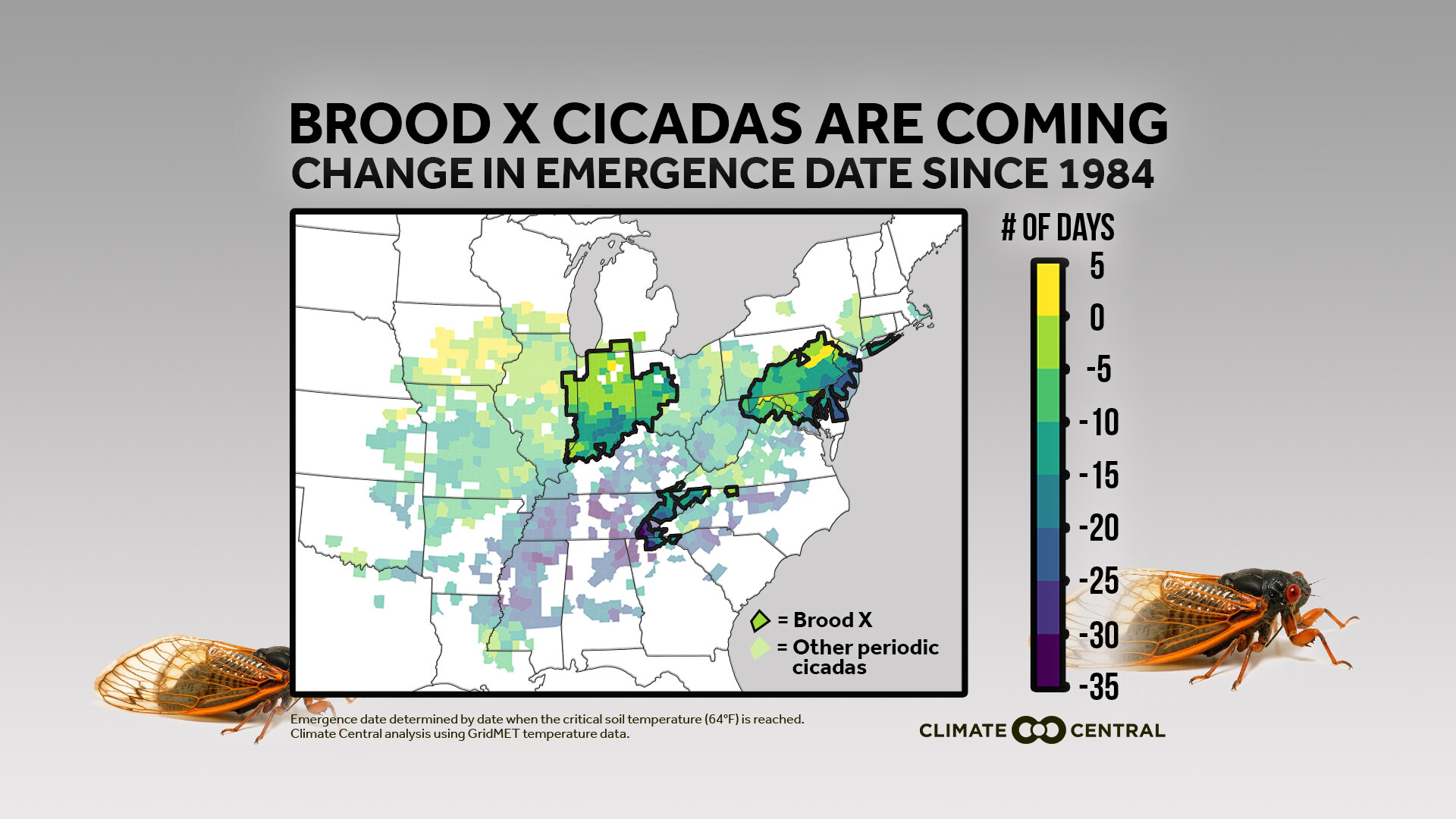
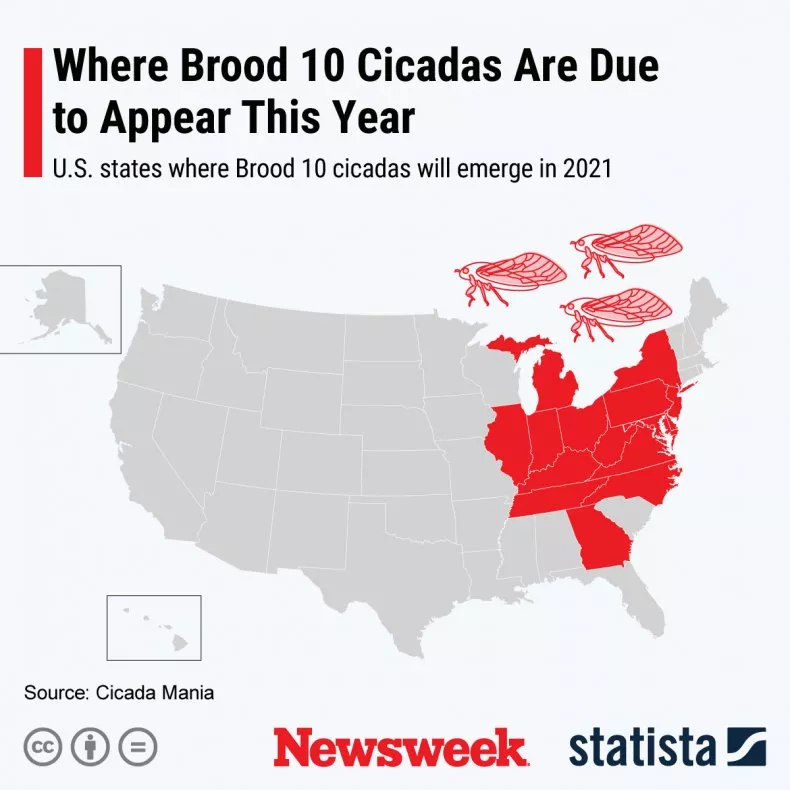

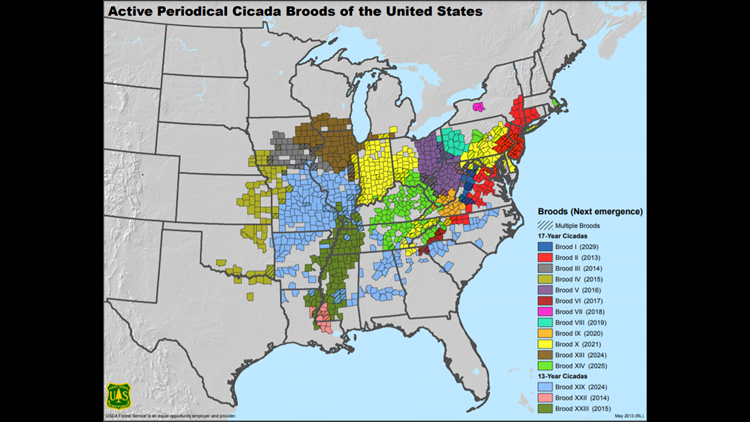

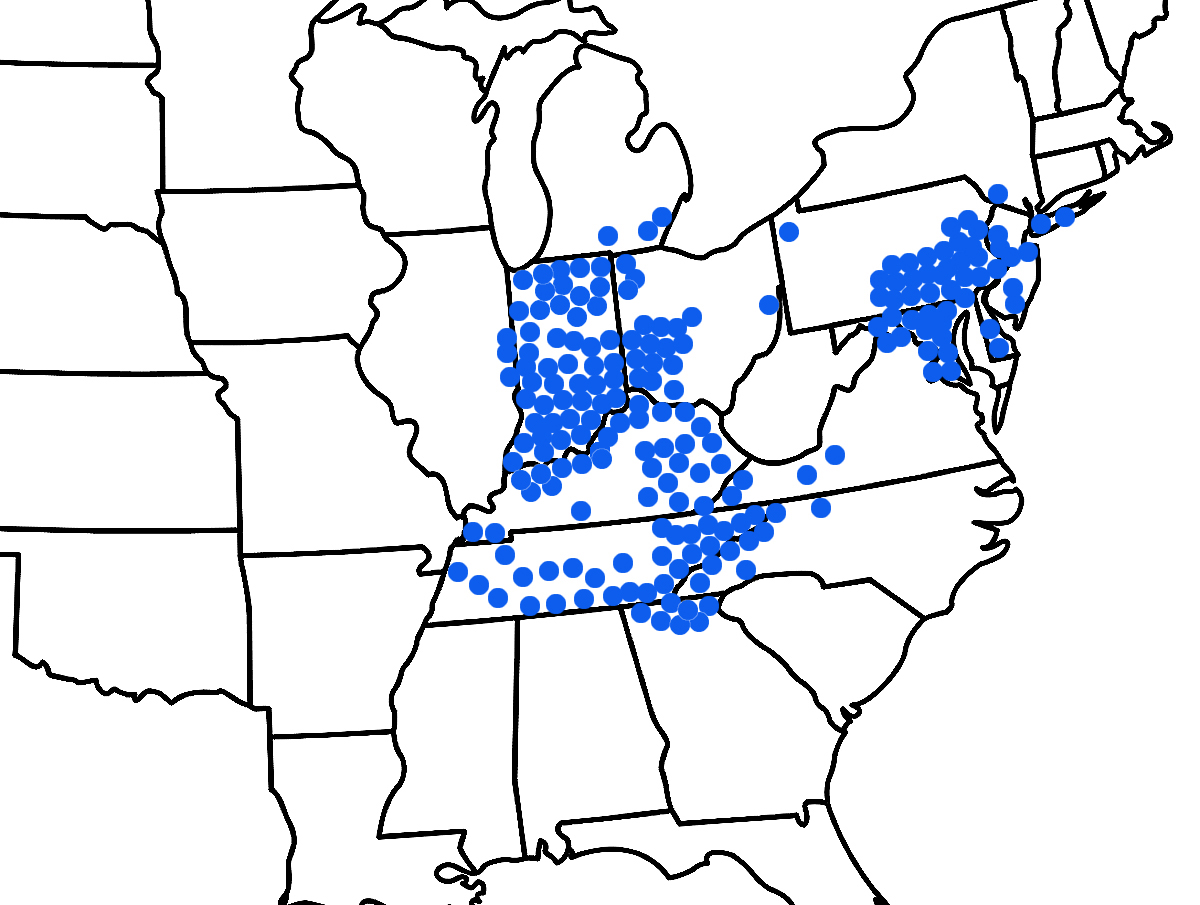

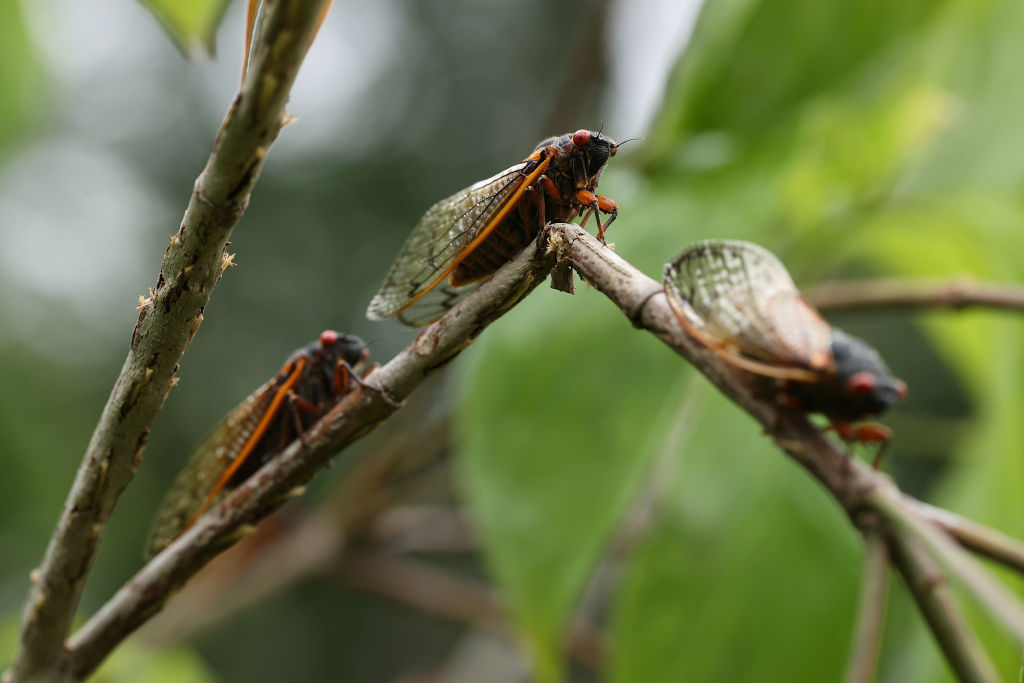
Closure
Thus, we hope this article has provided valuable insights into The 2021 Brood X Cicada Emergence in North Carolina: A Look at the Map and Its Significance. We appreciate your attention to our article. See you in our next article!